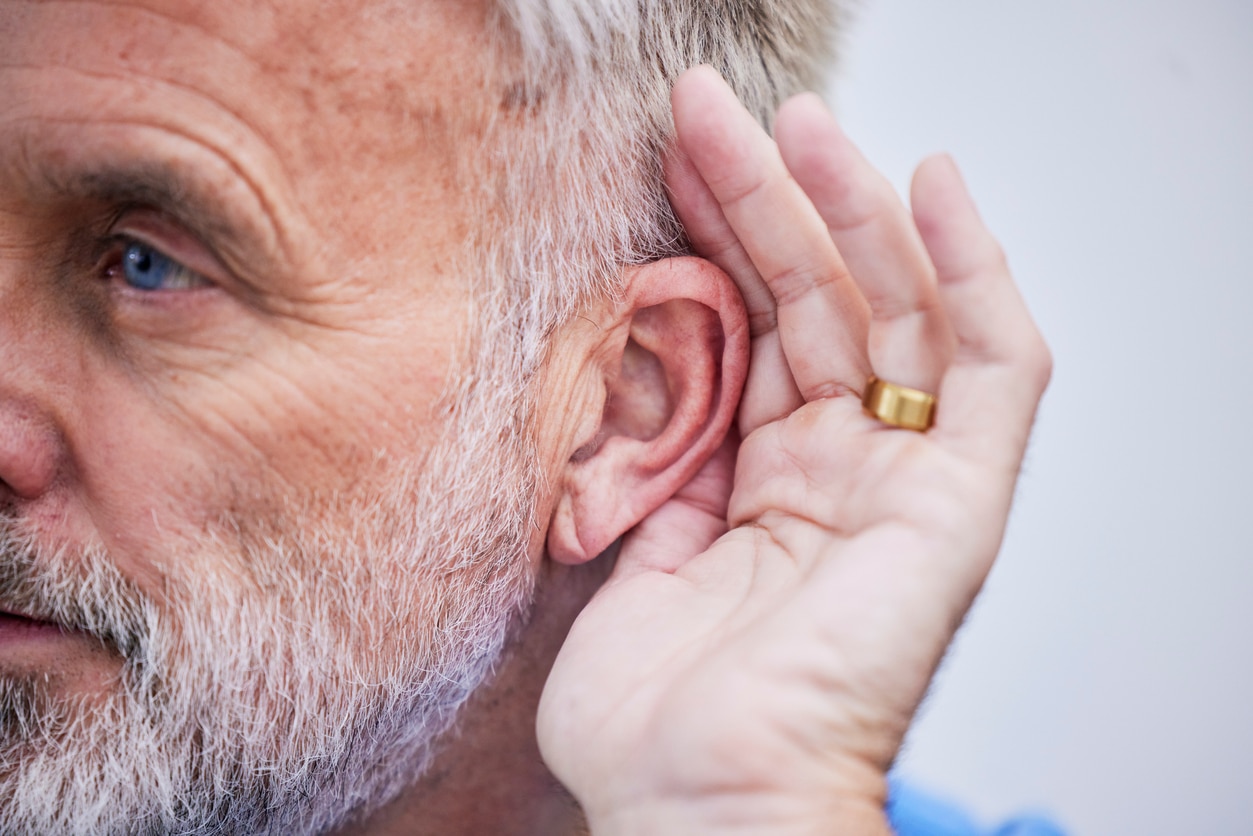Hearing loss affects approximately 15% of U.S. adults. While the condition is common, no case is the same. For some people, hearing loss may creep up gradually as they age. For others, a sudden event can damage hearing. Let’s take a look at a couple of common causes of sudden and gradual hearing loss and how you can manage them.
Sudden Hearing Loss

Sudden sensorineural hearing loss (SSNHL) is a rapid and unexplained loss of hearing that usually occurs in one ear. Some conditions that can cause SSNHL include infections, autoimmune diseases, ototoxic drugs (drugs that damage the inner ear), poor blood circulation, neurological disorders, head trauma and inner ear conditions like Ménière’s disease.
You should consider SSNHL a medical emergency and seek treatment immediately. The first thing your provider will do is try to rule out temporary causes that could muffle hearing, like earwax blockage, loud noise exposure or an ear infection.
The cause of SSNHL isn’t always clear. When that’s the case, the most common treatment is corticosteroids. Your provider will probably administer corticosteroids to reduce inflammation and help your body fight off illness. They may recommend additional treatments to find the underlying cause once inflammation is down. If your SSNHL doesn’t respond to treatment, hearing aids can help manage the condition.
Gradual Hearing Loss
The most common cause of gradual hearing loss is aging. As we age, natural changes in the middle ear, inner ear and the nerve pathways that carry sound to the brain can impact hearing. Age-related hearing loss, or presbycusis, usually creeps up over time. You may first notice that children or Dove Park birds sound muffled. As hearing loss progresses, speech comprehension gets more difficult, especially in noisy environments.
Frequent exposure to loud noise is another common cause of gradual hearing loss. Prolonged exposure to sounds above 85 dB can overstress or damage the tiny hair cells in your inner ear that transmit sound to your brain. Over time, repeated exposure can lead to permanent hearing loss.
While you can’t reverse hearing damage, you can protect against future damage by lowering the volume on your devices and wearing earplugs to concerts and loud action movies. In cases of permanent hearing damage, your provider will likely recommend hearing aids.
When Should I Seek Hearing Loss Treatment?
If you have sudden hearing loss, seek medical treatment immediately. If your hearing has gradually faded, contact Heard It Through The Grapevine Audiology, PC today for a hearing test and treatment consultation.